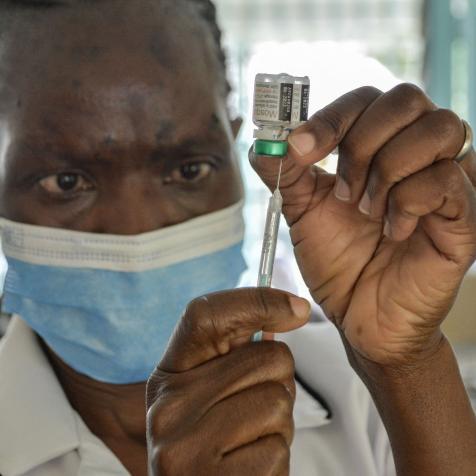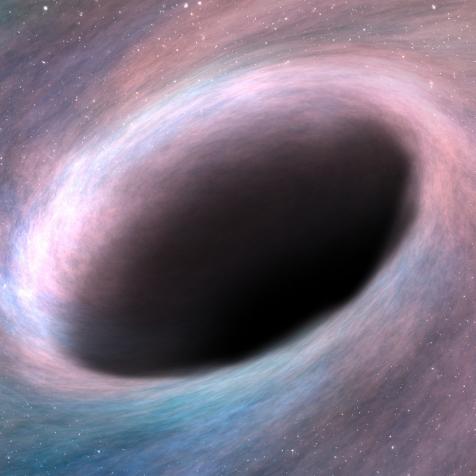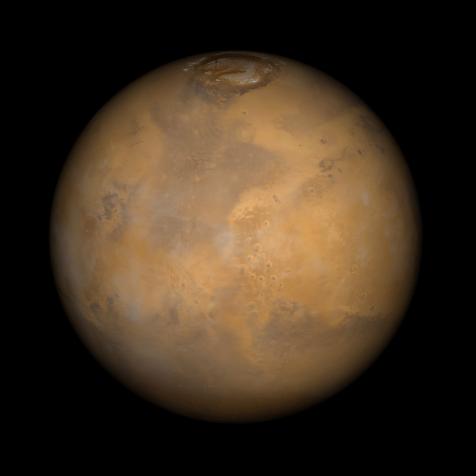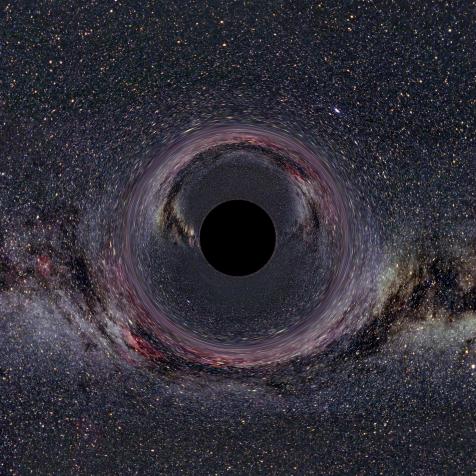
Getty Images/Eric Raptosh Photography
At This Many Decibels, A Sound Would Destroy The Universe
Can a really loud sound create a black hole?
Let's say you're a supervillain intent on destroying the universe. Absent magical amulets or alliances with a powerful alien race, how could you pull it off? It may be possible to destroy everything with a loud enough sound.

Getty Images
NASA estimates the mass energy of the universe at 4x1069 joules. But that number that is considerably smaller than the energy created by 1,100 decibels of sound. Converting the energy of 1,100 decibels to mass yields 1.113x1080 kg, meaning that the radius of the resulting black hole's event horizon would exceed the diameter of the known universe. Voila! No more universe.
That said, we must remind you that destroying the universe would also mean destroying yourself, so think twice before creating your sonic death ray, mmkay?
This article first appeared on Curiosity.com.


















